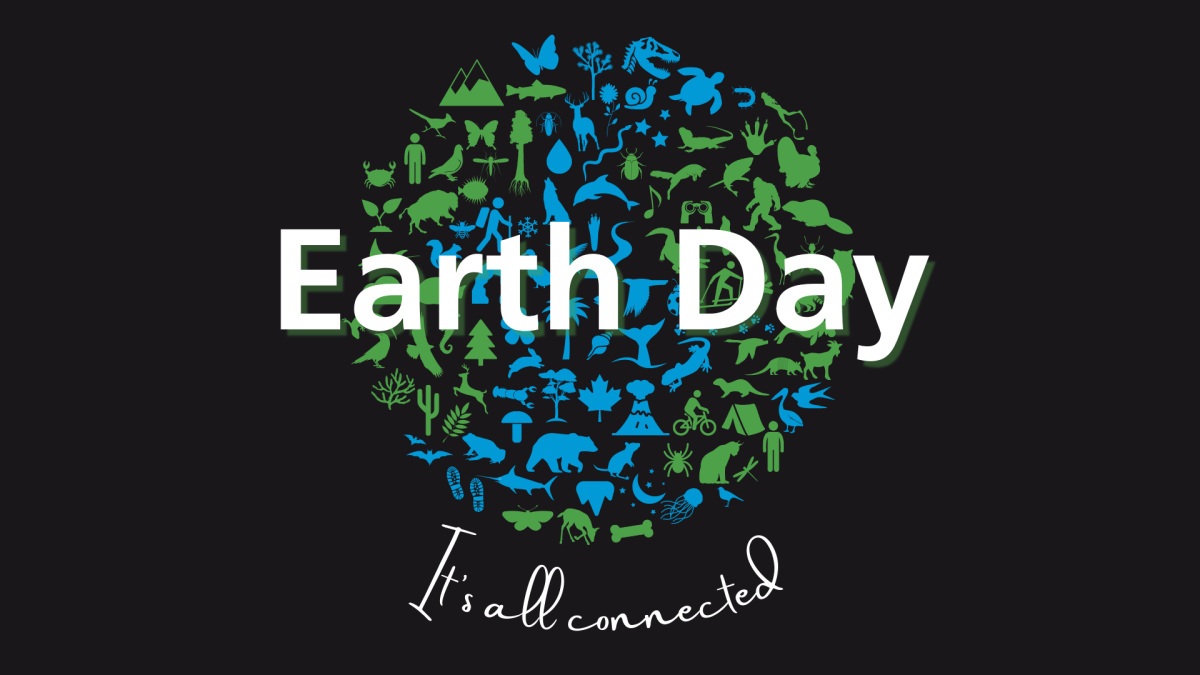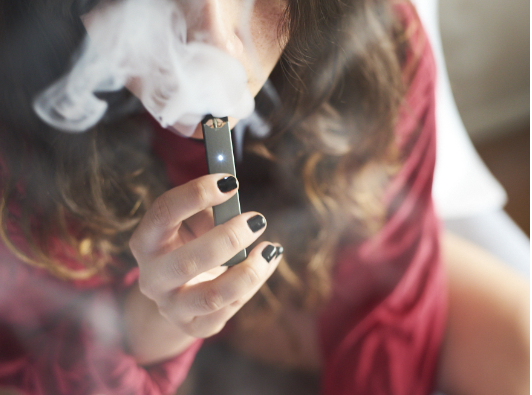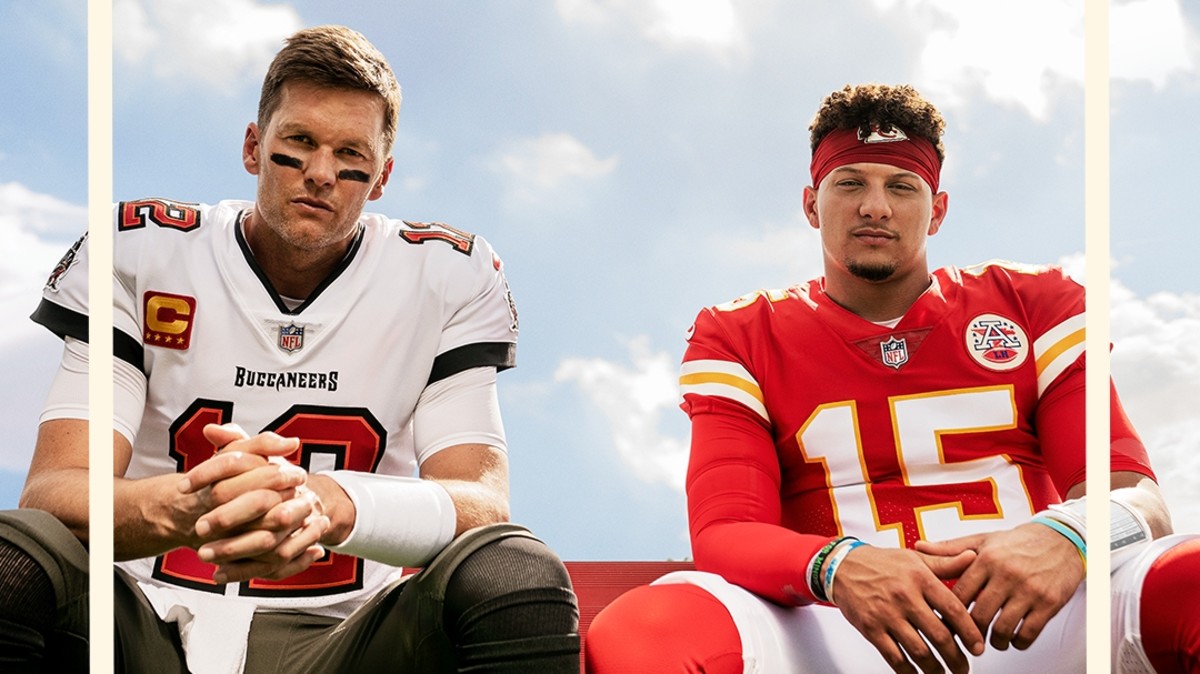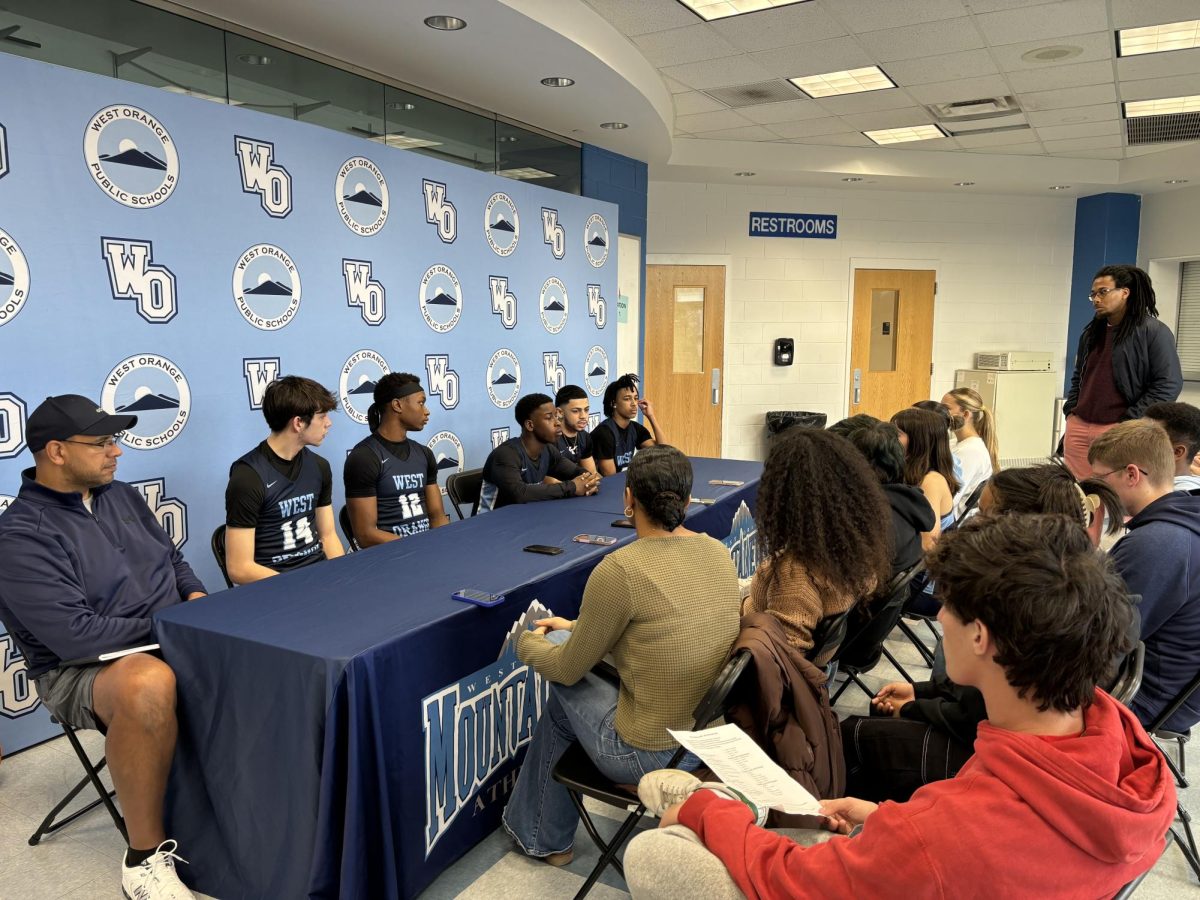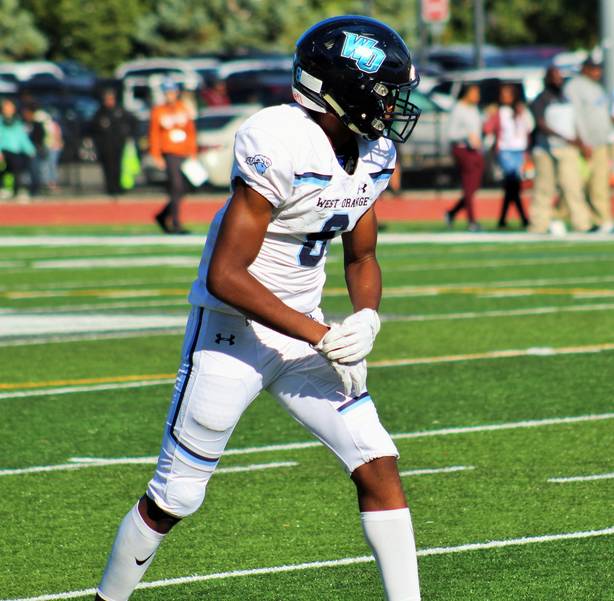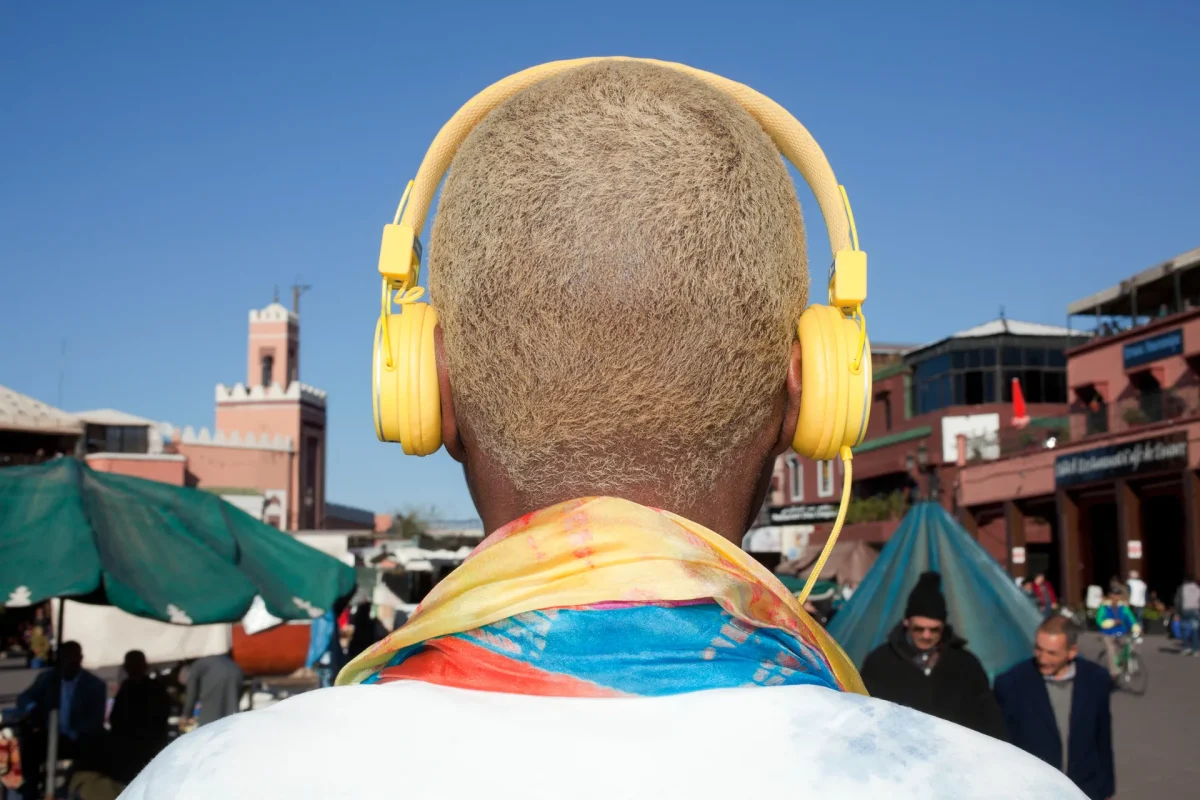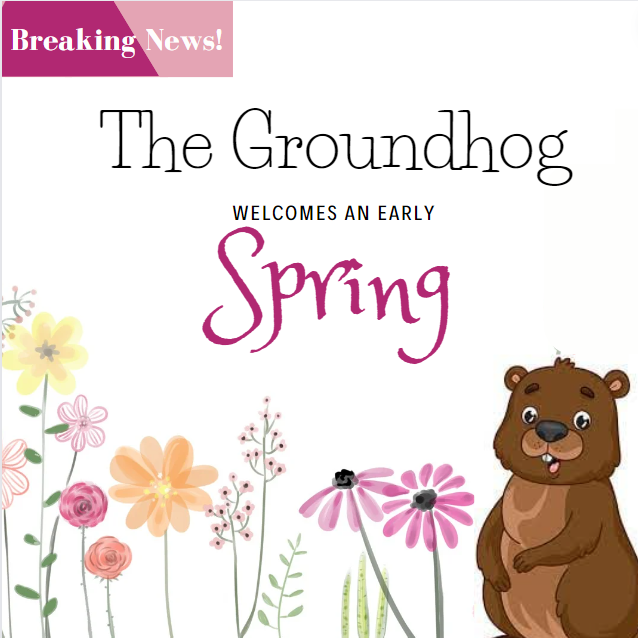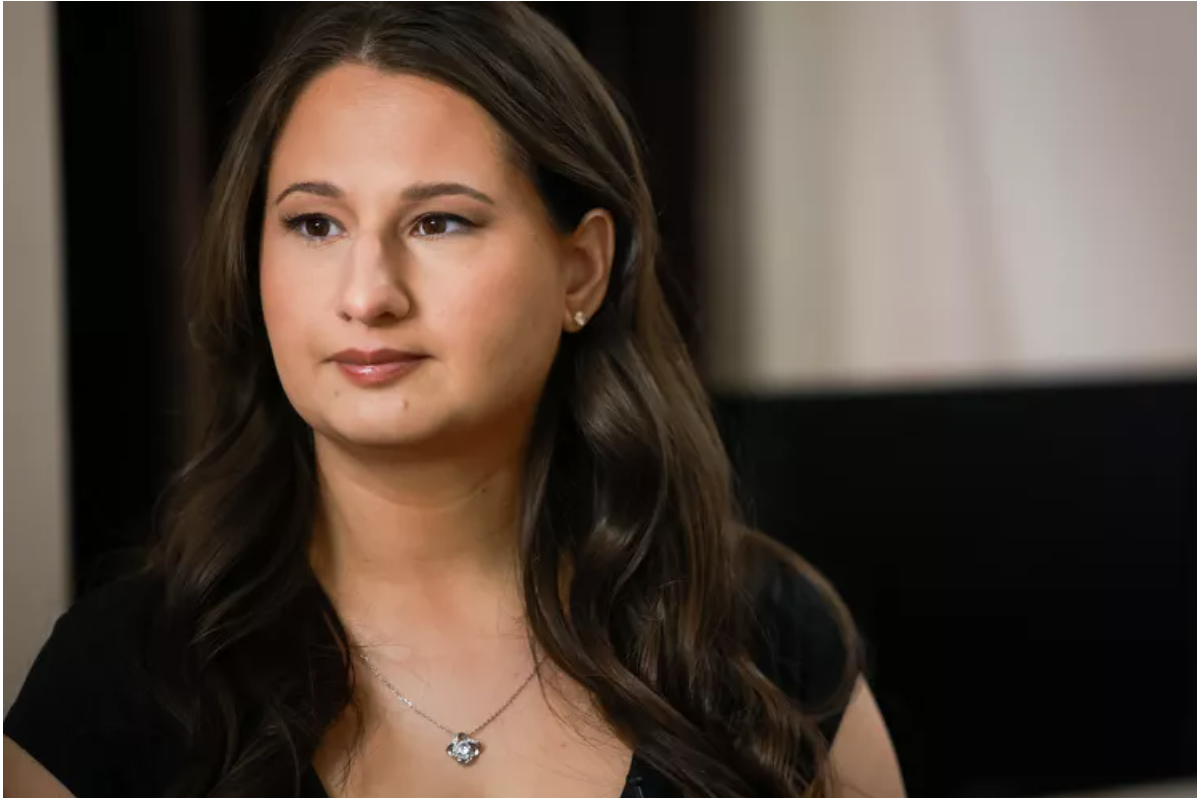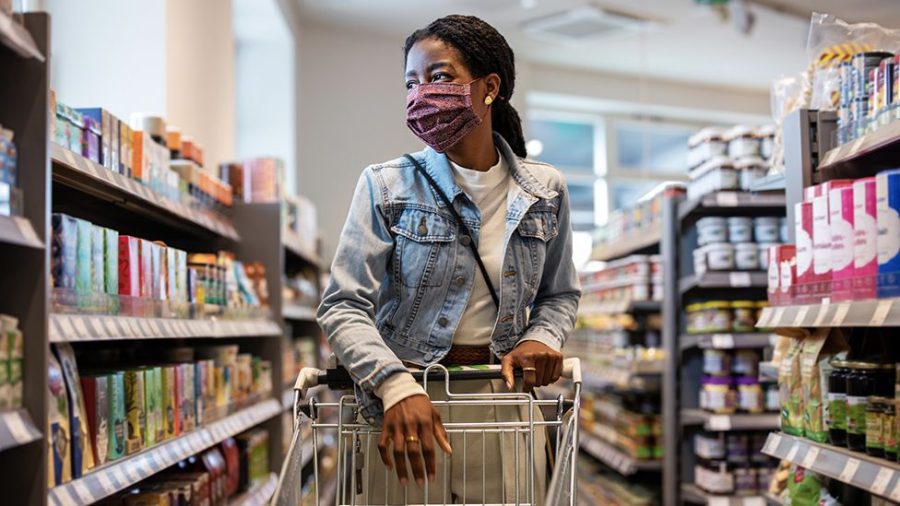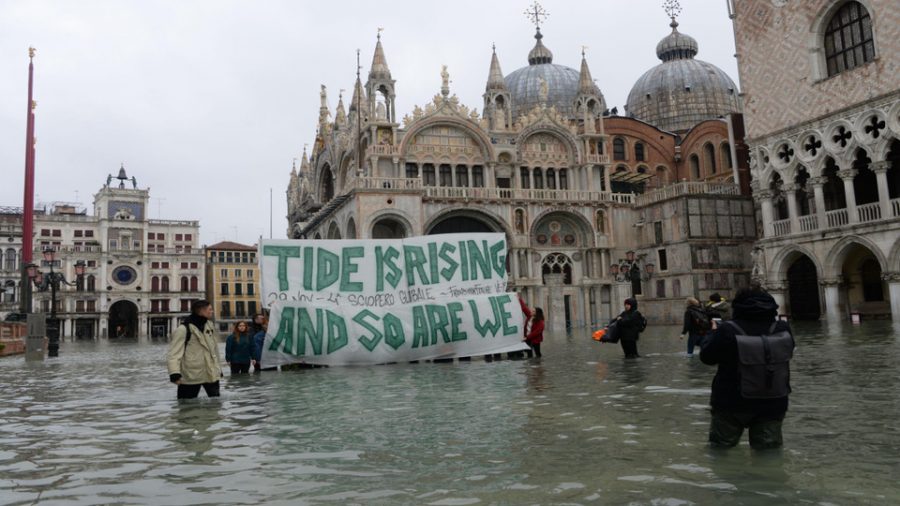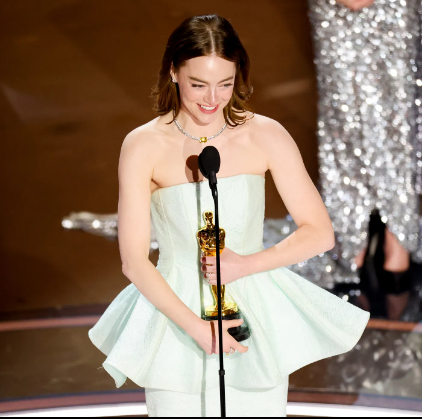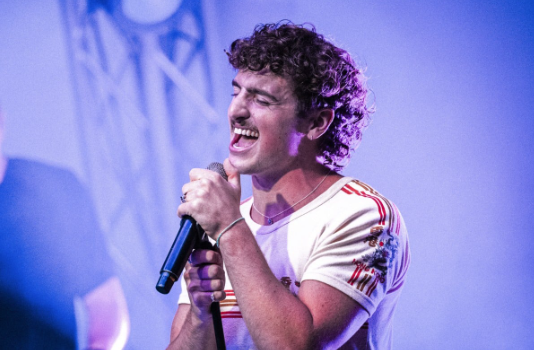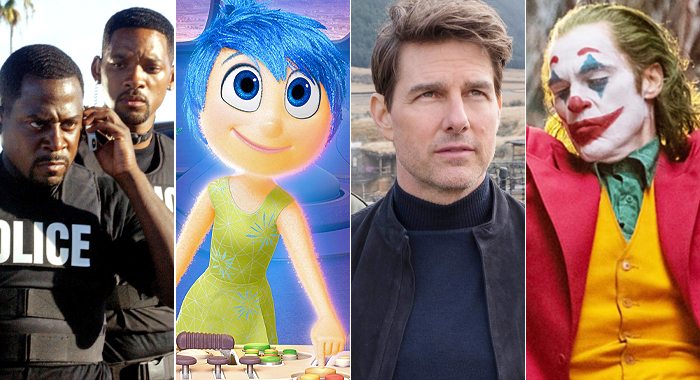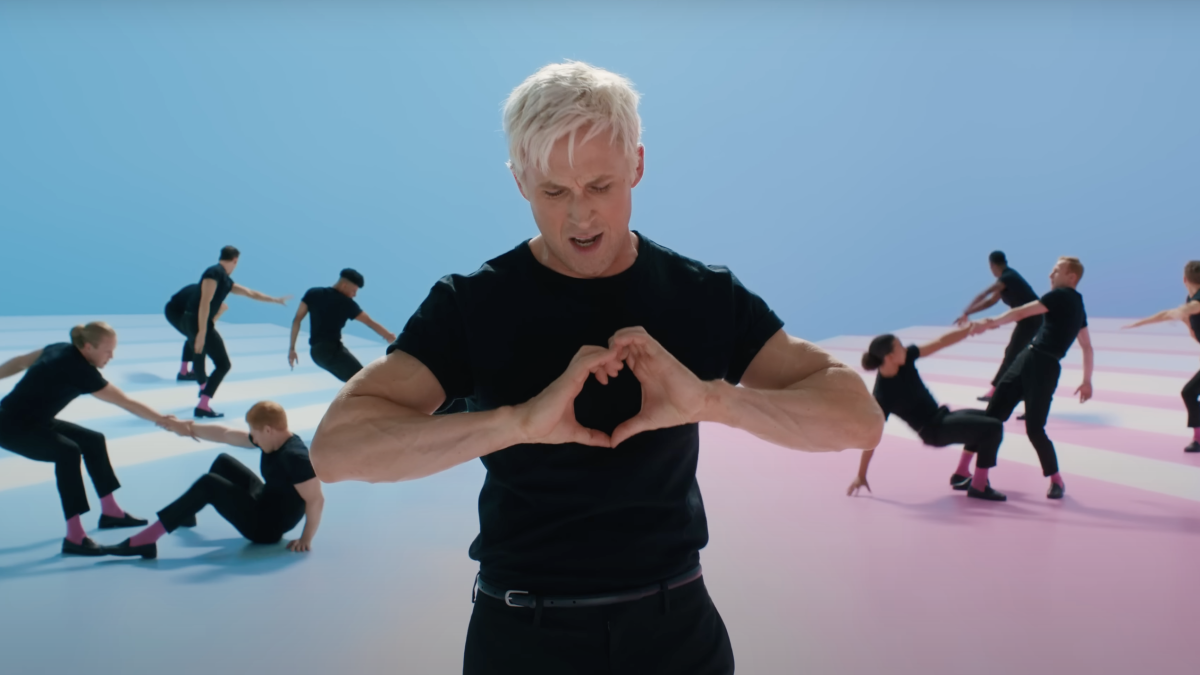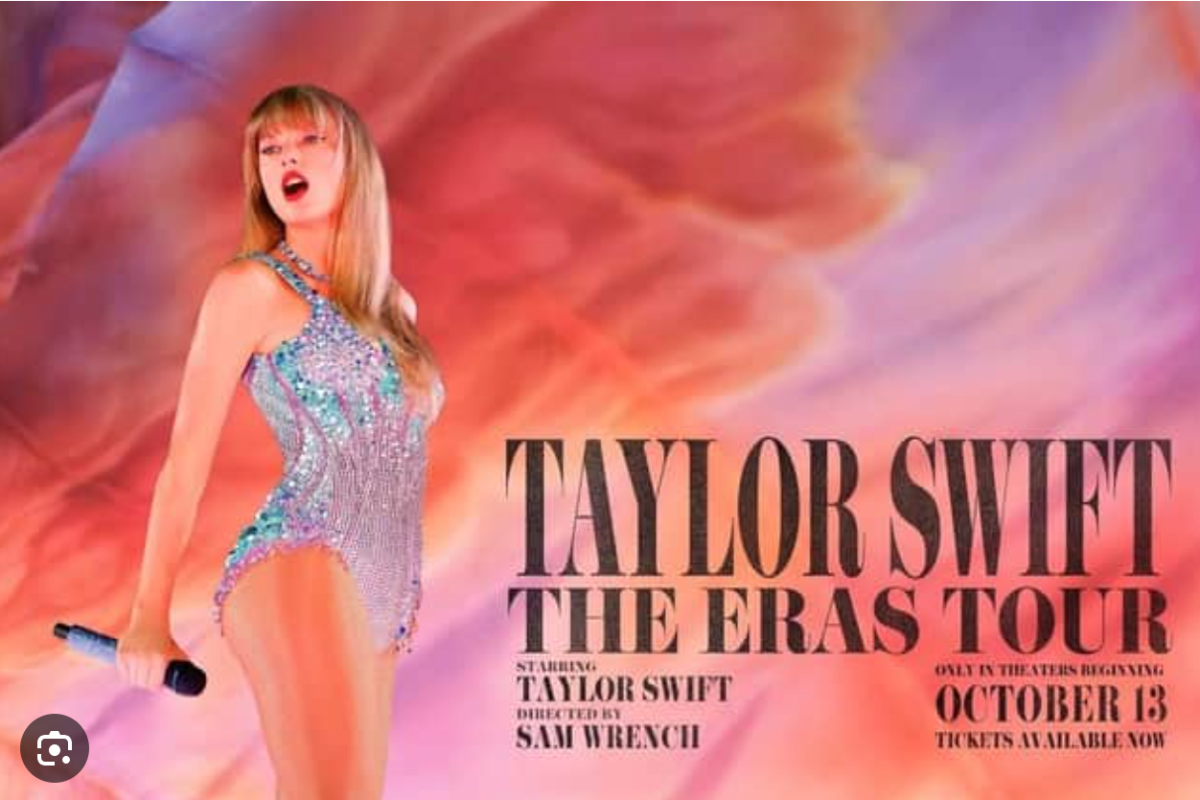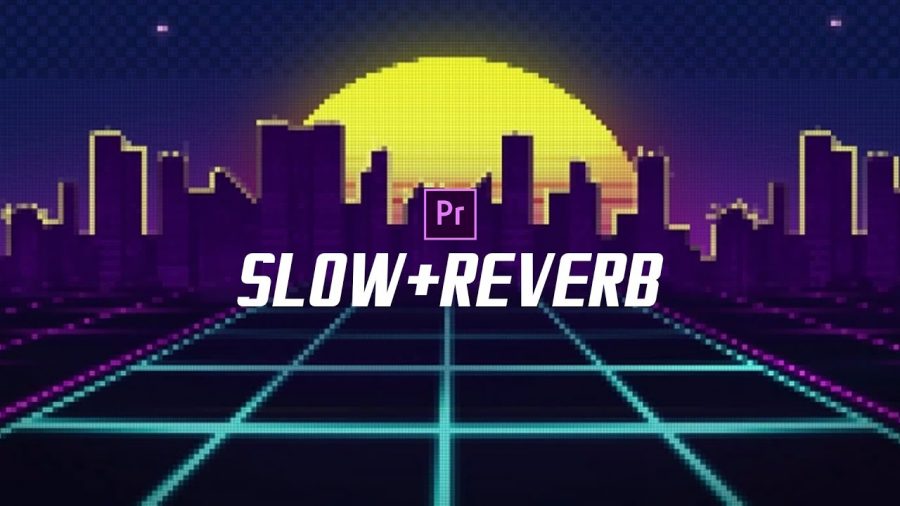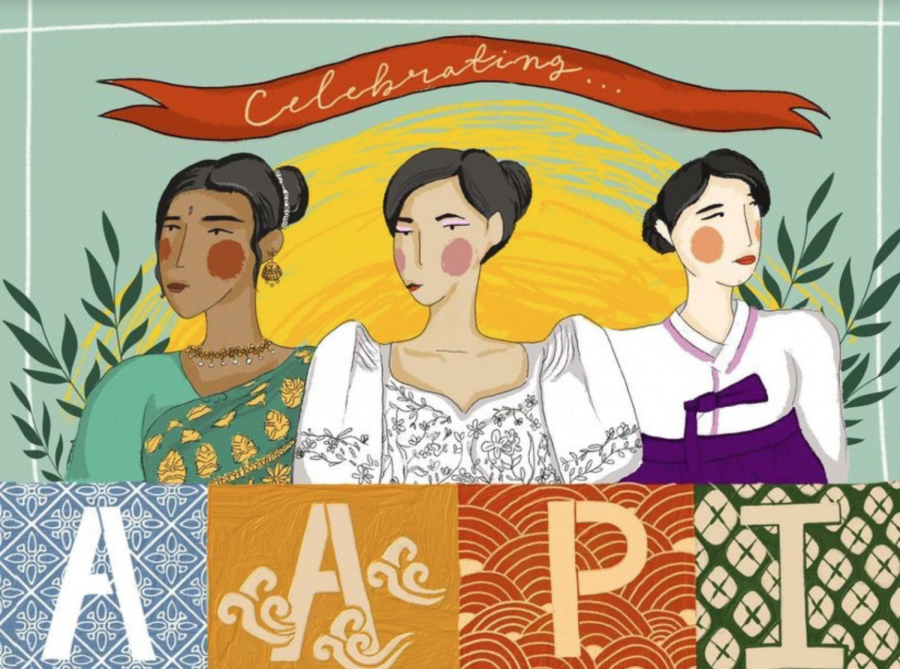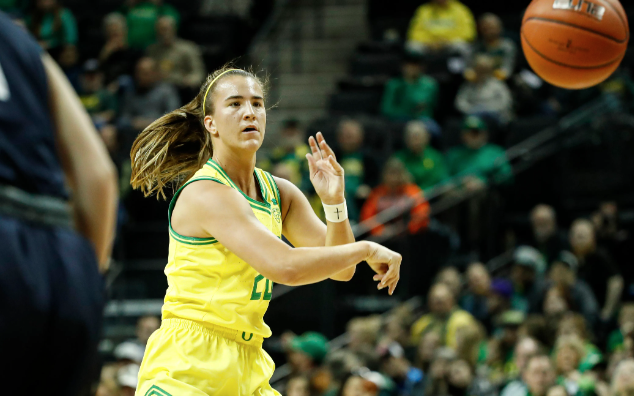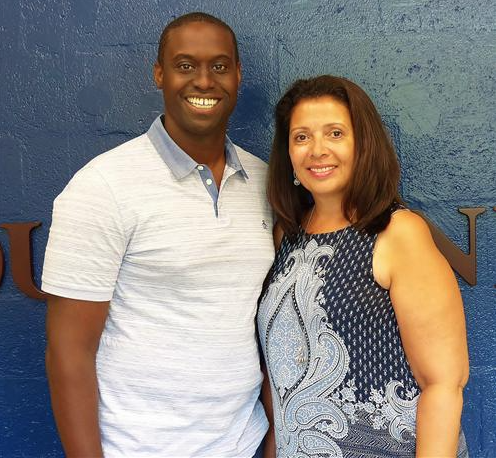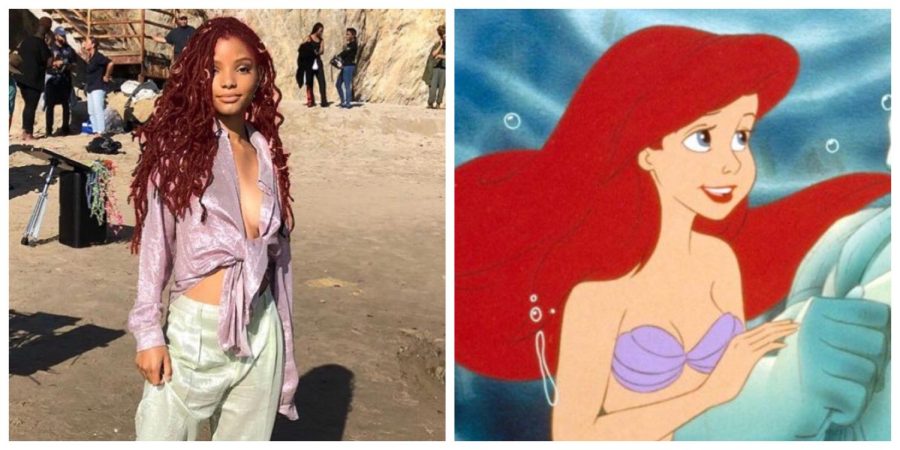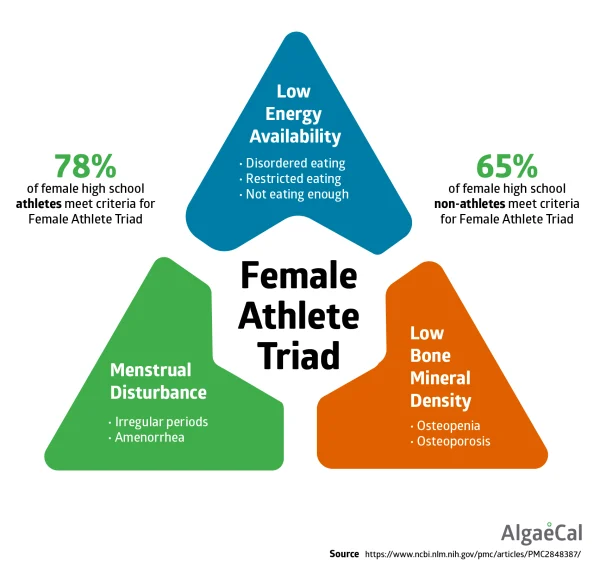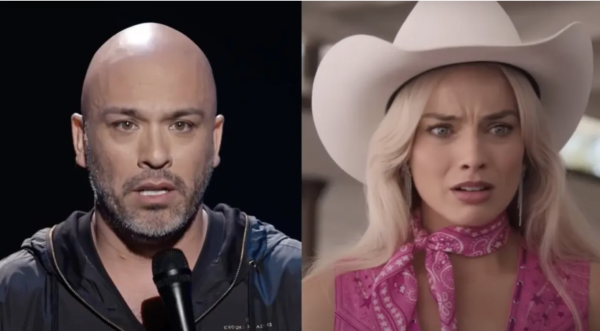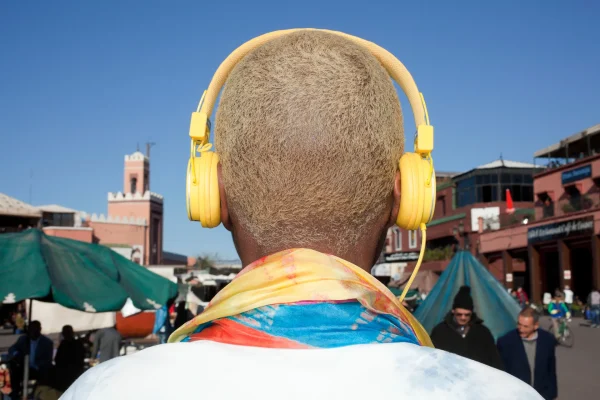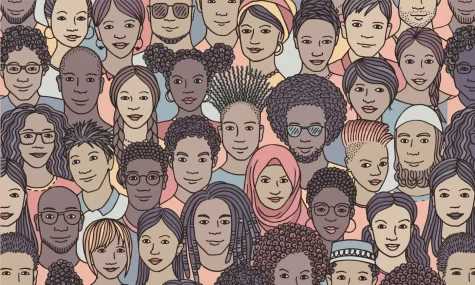The Internet’s War Over Halle Bailey’s Little Mermaid
When you think of the little mermaid, what do you see? A red haired woman with a scaly blue tail, sporting a seashell-bikini? Do you hear a strong singing voice with a natural vibrato echoing off of deep sea walls? For many, singer/actress Halle Bailey ticks all of these boxes.
When Halle was announced to portray Ariel in the live-action little mermaid, many saw it as a no-brainer, with fans fawning over her new red locs dyed specifically for the role. Bailey, gaining popularity from her part in the sister singing group ‘Chloe x Halle’ has received praise and fame for her voice, with global superstar Beyonce taking the duo under her wing at a young age. Unfortunately, despite her qualifications, there is one distinct quality that Halle possesses that attracts some viewers to the movie while being a complete turn off for others: her blackness.
To many, it is not enough to dye Bailey’s infamous locs red as a black actress simply cannot play the iconic character. Those taking the position against Bailey’s portrayal claim that a black Ariel is simply an attempt to pander to “woke” culture, trending #NotMyAriel on twitter. While many expressing their distaste for the new movie do not attempt to disguise their racism, a large group of naysayers have attempted to create cultural and scientific explanations for why a black Ariel simply doesn’t make sense. Some opt for the angle that Halle’s portrayal erases the original Danish background of Disney’s Ariel. Though many weaponize the character’s identity as a Dane, some Danes came to Bailey’s rescue, pointing out the existence of a black population in Denmark.
As a final hail mary attempt to justify their racism toward the actress, netizens argue that Ariel cannot be black because “scientifically” a human’s skin would not get as dark as hers after living generations in the deep sea. This argument, for obvious reasons, has sent the internet into a frenzy, with some tirelessly attempting to support this claim with evidence, and others poking fun at how ridiculous the argument is. As freelance museum professional and self proclaimed “mermaid lover” Sacha Coward puts it, “Applying science to mermaids is a rather silly thing to do, they are symbols not biological creatures. Also, the science I have seen being used is really bad science: Cherry picking elements of the natural world to argue why Ariel should be pale and redheaded makes no sense.”
The last and arguably most impactful argument against the haters is one that looks deep into the history of the story of the Little Mermaid and what makes it so special. The original story’s author, Hans Christian Anderson, was in fact a Danish man, but he was also a queer man, who spent his life in love with a man who he could not be with. This forbidden love is believed to be what moved Anderson to create his most infamous piece. What Bailey’s haters choose to ignore is the fact that The Little Mermaid is a tale of feeling out of place and longing for something that society tells you you cannot have. It’s likely that when Anderson wrote the Little Mermaid it wasn’t Ariel’s race that made the character meaningful but the otherness she felt all her life and wanted to be free of. As a black woman, Bailey likely resonates with this story on a deeply personal level, and it’s likely that young black girls all over the world will too. In the midst of #NotMyAriel, Halle’s role as Ariel is almost metaphoric. Despite being told to stay in her place, Halle’s talent has opened new possibilities for her, and in the spirit of the Little Mermaid, she won’t let them pass her by.
